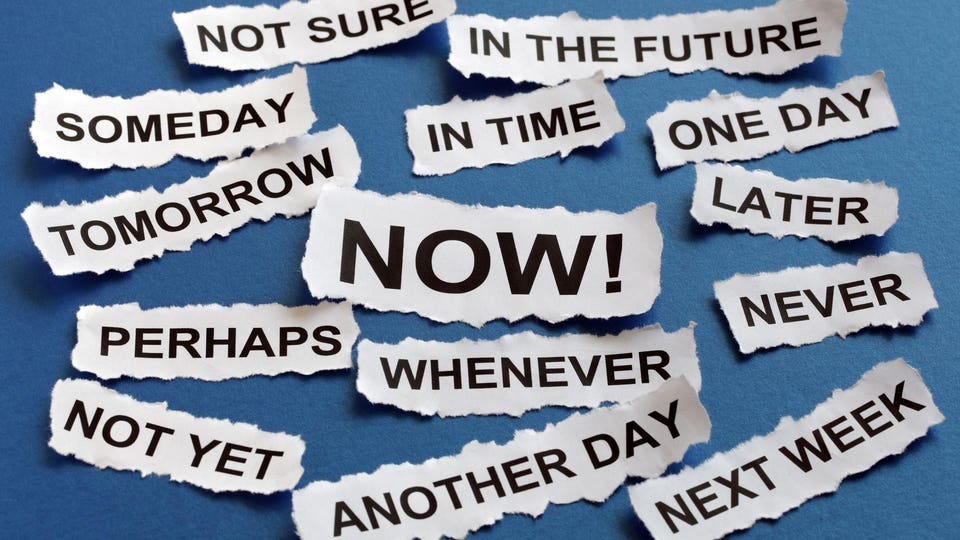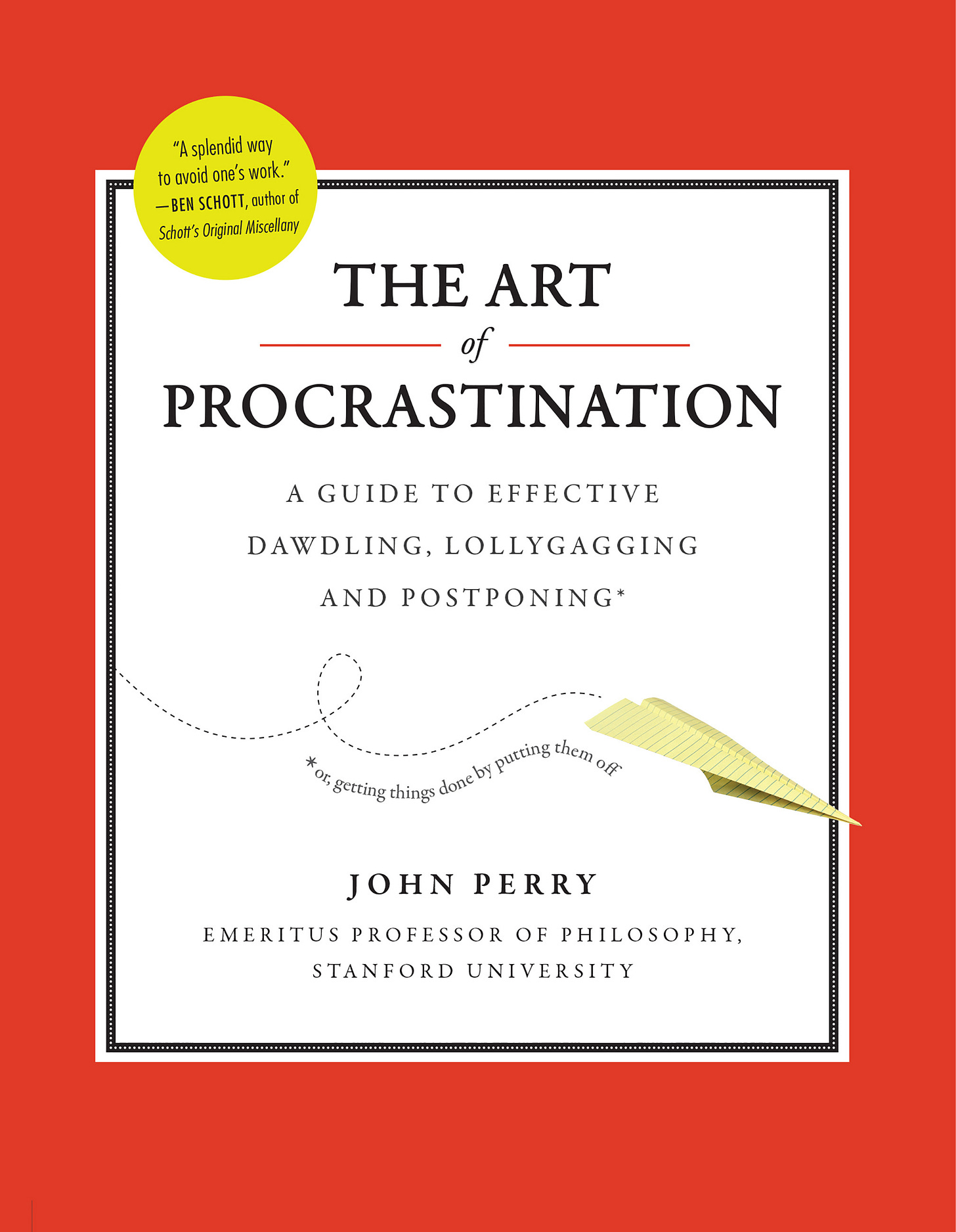Bengaluru
FC 237 was fated to receive a whole lot of comments 🙂 Each is worthy of a read:
S N Viswanathan: “I remember my brother refusing to travel by flight in someone else’s name. Subsequently, when I read about accidents that took place, I understood the significance of his refusal, but somewhere I also felt there was a divine intervention. Destiny Drives the Destination.”
Subahu Desai: “Fate is conveniently used to cover up one’s reckless or foolish actions/behaviour which does not end well. But as you have written, sometimes it is fated.”
Shishir Lall: “Alluding to fate is often a crutch or a solace, depending upon the situation, but as you have pointed out, fate is often in one's own hands. Birth is fate, rest is in your hands.”
Lakshmi Raman: “I believe that we make choices that then have consequences. If these turn out to be negative, we blame it on fate. As Shakespeare said, ‘The fault dear Brutus is not in our stars but in ourselves, that we are underlings.’ For long, I have been guided by this quote of political theorist John Schaar: ‘The future is not some place we are going to, but one we are creating. The paths are not to be found, but made, and the activity of making them, changes both the maker and the destination.’”
Jayachandran: “If we resign ourselves to negative events in life attributing all of them to fate, while in reality, on analysing, we may well find that some of them indeed are, while others are not, then we may get overwhelmed by negativity, which we know is bad. However, if we analyse the event, and take corrective steps, to the extent that there were controllable elements in that fate, then we create our destiny, i.e. moving on from assumed fate to charting our destiny. So it's possible, I think that fate and destiny, two contrasting terms, can be interrelated too.”
Nisha Sinha: “Very interesting, Prasanna. I'm glad you brought out taking ownership of one's actions and not playing the blame card. Fate is most often a comfort word, which is useful when shrugging off responsibility. Is it tempting Fate to say so?”
Tarun Kunzru: “I think there is randomness both positive and negative out there... We could call that fate or luck. We are a small part of a huge system and therefore we can only try but can't be sure of outcomes which are also dependent on the larger system's randomness. If we "try with risk" the "outcome risk" also increases, both positive and negative. If we take a middle-of-the-road approach, outcomes will be less dramatic. I also believe that our lives are largely an outcome of our cumulative choices over time. Some people make decisions optimistically with clarity, and some are just misty optically, and that shows over time.”
✅Procrastination—Bane or Boon?
I have been wanting, for quite some time now, to write on procrastination but kept putting it off, true to the intent of the word. Has the act of delaying, deferring or postponing become an art?
I’m not sure, but will try and explore in this post.
The trigger for this post is the death of a friend and professional colleague in Mysore. My visits to my native land have been rather infrequent, but during each such visit, my heart would urge me to go and look him up and my distracted mind would tell me ‘Do it next time’. I regret not heeding my heart. I am sure many readers would have experienced a similar predicament.
The famous saying “Never put off until tomorrow what you can do today” is considered sound advice and has been so for as long as the genesis of idioms. Cynics & skeptics both question the wisdom of this idiom. Skepticism and Cynicism are both attitudes. The skeptic would ask “Why must I do today, why can’t I do tomorrow?”. The cynic would say “This idiom is invented by someone who wants things done in a hurry for some ulterior motive.”
The art of dodging is at the heart of procrastination. It is not about evading but it is about avoiding doing something on the trot. So, if one goes about skillfully avoiding it without betraying the reason for it, he or she would have perfected the ‘art of procrastination’.
There are these expressions that help avoid artfully: ‘Let us see’, and ‘Let me think it over’.
Mark Twain's quote “Never put off till tomorrow what may be done the day after tomorrow.” aptly demonstrates the essence of procrastination.
Putting off doing things can be surreptitiously stressful. They add to your to-do list and in the process, you may not be able to prioritize them for execution. I wrote about ‘The Zeigarnik Effect’” in FC 131, in February 2023. This effect means that you will remember every unfinished task and the probability of remembering an unfinished task is far higher than a finished task. Simply put, you will move on and not dwell on a task completed, but your mind will be buzzing with the unfinished tasks. So, you will experience the Zeigarnik effect if you avoid procrastination and make a conscious effort to remember things to do. I urge you to read FC 131, 🔗using this link.
Procrastination becomes an art when there is an intention or inclination to avoid doing something either with an ulterior motive or out of sheer laggardness backed by lame excuses.
This artful dodging occurs when a person has no skin in the game and has no desire to do something for someone. If a friend approaches me to go with him to watch an IPL match, I may not lend money to him to buy the ticket if I am not interested in the match. But if I am eager to see the match in his company, I might pay for his ticket too, even if I’m not sure of its return.
Passivity or passiveness is another reason to procrastinate. If I have to get up early and go for a walk and I see a gentle drizzle outside, I would tell myself that I will go for a walk tomorrow and go back to sleep. We tend to put off doing something by convincing ourselves that we can do it another day. This can sometimes turn out to be dismal. Imagine, for example, that someone is hospitalised and you feel you should visit that person. You tell yourself, “I will visit over the weekend", but a day later you learn that the person passed away. You regret procrastinating and that weighs on your mind for quite some time.
Putting off doing things at the last minute is fairly common. More so, if the task is unpleasant. If a person wants to break a piece of bad news, quite likely he might hold back until it is inevitable to disclose. Reminds me of a student holding back on his report card from the father and routing it through the mother.
It is not uncommon for people to put off doing something but take up something else. You could call it prioritising tasks, but the intention behind that tells you if you are intentionally putting something off. You can take recourse to productive procrastination by doing something productive ahead of the task in front of you. You are due to submit a project report. You are not up to it, but rather than admitting it, you decide to clear up all the clutter on your desk, which could make it conducive to clean thinking. You are supposed to attend a talk, but then you decide to wash your car and go a little later.
Procrastination can be detrimental in matters of getting medical attention. Particularly, as we get older, ignoring symptoms and aches, and attributing them to indigestion or some such condition can lead to serious complications. Prioritising the need for medical care is not negotiable. I can narrate a couple of instances when putting off going to a doctor became fatal.
Constructive procrastination is not bad. It may help you organise your affairs such that the to-do things get done in a prioritised sequence. You may call it the art of procrastination, but in reality, it is the art of planned execution of tasks. Parents get worried if their daughter keeps putting off marriage, preferring to complete post-graduate studies and settle down in a job. Such procrastination is predicated on financial security and is not a bad thing at all.
John Perry is an emeritus professor of philosophy at Stanford University and currently teaches at UC Riverside. He explains his theory of ‘Structured Procrastination’ in his much-acclaimed book “The Art Of Procrastination” https://a.co/d/ii2RIqm. Filled with charm, tongue-in-cheek wit, and the insights of a lifelong introspective dawdler, The Art of Procrastination is a philosophical self-help program for every reader who suffers the pangs of being a procrastinator.
John Perry points out how often procrastinators are, paradoxically, doers. They may not be accomplishing everything on their to-do lists, but that doesn’t make them slackers. It just indicates a need to rethink the to-do list. He also introduces the philosophical notion of akrasia (the mystery of why we often choose to act against our better judgment), examines the torturous relationship between procrastination and perfectionism, and shows how to permit yourself to do an imperfect but, in fact, perfectly good job. If I asked you to buy this book, would you say “Maybe, later ?” 😀
Dear Readers, I could go on and on writing about this topic but I will let you guys supplement this post on procrastination. For now, I will stop here. Do take good care of yourself and don’t put it off.
Oh yes, I made a joke about procrastination. I guess I'll just post it later.
Until next week Ciao.







Postponing or delaying things on account of lethargy is inefficient and can come back to bite you. But using "Time" strategically is wise. Timing and prioritizing is critical in getting the best impact and outcomes. Buying Time, for example, is a great ploy in negotiations either to put pressure or gain more clarity.
I have known cowboys who "shoot and then aim" and the classic idealists who keep "aiming for ever". "Movers and Shakers" almost always have a great sense of timing!!
I was procrastinating to begin a painting when I shared with a friend that I bought paints and cleaned the studio. She replied, “and I tuned my piano! “